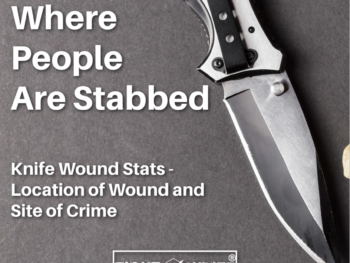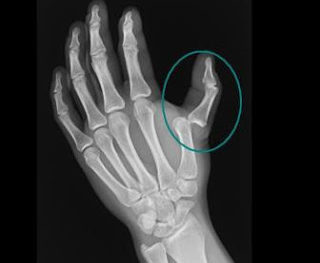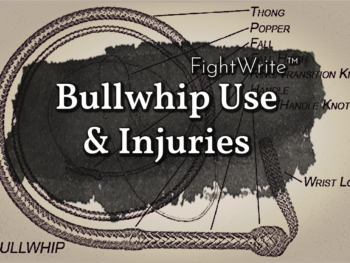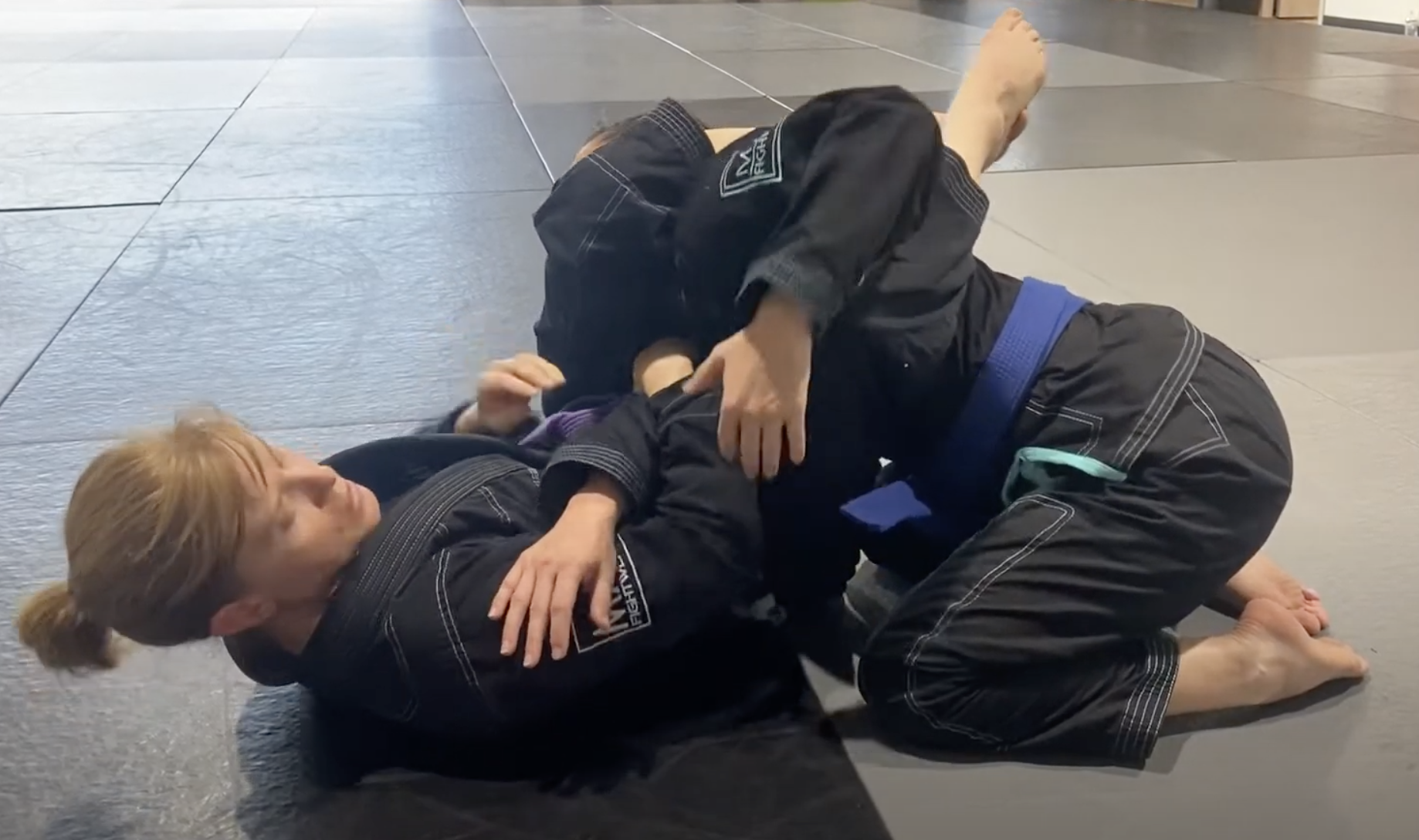
In The Art of War, Sun Tzu advises, “to a surroundedenemy, you must leave a way of escape.” Why? Because it changes why the enemy is fighting, and the why changes the fight. The skill of the soldiers won’t change. The weaponry and terrain will remain the same. However, without an exit, without an alternative to certain death, the enemy no longer fights to win. He fights to survive. And, to survive, one is more likely to fight to the death.
In almost all cases, fear is at the root of every why. And that is NOT a bad thing.

Now, I know what you’re thinking. Many fights have been fought for other reasons such as love or honor. A mother will fight like an animal out of love for her child. Soldiers will fight for their country out of honor. I agree that is absolutely part of why they enter the fray, but that’s not why they fight. When the sun glints off the blade, when the bullets cut through the air, the mother fights out of fear of losing the child, of the child being disabled, of the child being in pain, of how that event will impact their child’s future, their siblings’ futures or their own. And, the soldier fights for fear of their family losing freedom, of their family losing them, of evil triumphing, of everything changing, of everything staying the same.
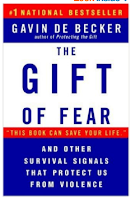
Even when a fight response is immediate, one of survival instinct i.e. fight, flight, freeze, when there is seemingly no time for emotion to be attached, fear is there. It’s what raises the hairs on the backs of our necks before we even realize we have reason to be afraid. It is by no means a hallmark of cowardice or frailty. Heeded wisely, and utilized correctly, fear is the greatest of gifts, the most formidable of allies. It defends us, it warns us, it teaches us and it can make us into something no other emotion can. We would all do well to listen to its call more often. (If you haven’t read The Gift of Fear, do so.)
Every fighter is afraid. Every single one. As Cus D’Amato, legendary coach of Mike Tyson said,”The figher’s that’s gone into the ring and hasn’t experienced fear is either a liar or a psychopath.”
Ok, so we know that a why can change a fight and that why is almost always rooted in fear – which isn’t a bad thing. Wouldn’t that make all fights look the same since they are all rooted in the same emotion? No. Fear is a common emotion, but the response it brings out is unique to the person feeling it. How your character chooses to use that fear is what will make the difference.
What does this look like on paper? Well, here are a couple examples of a character’s fight changing as their why changes. All the whys are rooted in fear. But, as what causes that fear adjusts, so does the physical response:
On Black Friday, a quiet pre-school teacher, allows another shopper to snatch a deeply discounted iPad out of her hands and makes no attempt to retrieve it (fear of retribution). Five years later, during a zombie apocalypse, a man attempts to steal a can of beans from her and she stabs him in the face (fear of hunger which will make her weak, which will make her slow, which could mean her death or worse, becoming a zombie).
Be the writer that’s not afraid to embrace fear. Why not? What are you afraid of?




